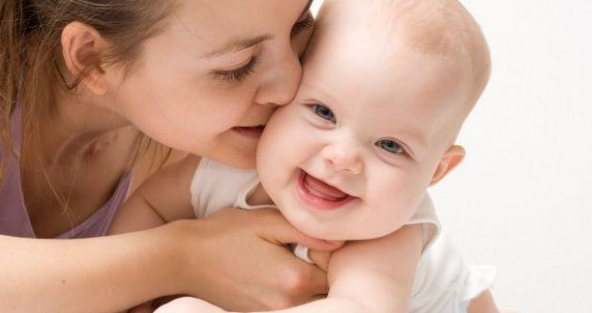Advertorial
One of the main concerns for mum in baby’s first year or so are vaccinations. We see all these scary-sounding names – and there seems to be so many – that we can’t help feeling a little intimidated. However, when you break it down it’s actually quite simple. Aside from the BCG given at birth, there are just five immunisation appointments. All can be carried out by your GP, and all are free of charge.
Here, we set them out clearly and simply:
Birth (1 injection)
The BCG is a vaccine against tuberculosis. It is generally given in maternity hospitals or in HSE clinics but this does depend on where you give birth. More information can be found here.
Two months (2 injections + oral vaccine)
At two months your little one will be given the 6 in 1 vaccine, which protects against diphtheria, tetanus, whooping cough, Hib (Haemophilus influenza b), polio and hepatitis B. As well as this, they will receive the PCV (Pneumococcal Conjugate Vaccine), the MenB Vaccine (meningococcal B) and the rotavirus oral vaccine. Important to note that the latter two were added to the newly changed vaccination schedule for babies born after October 1st, 2016. You can find more information here.

Four months (2 injections + oral vaccine)
Here, your baby will again be given the 6 in 1, MenB and rotavirus oral vaccine. Why the repeat vaccinations? Well, according to the HSE, more than one dose of the same vaccine is needed to improve the antibody response, giving better long-term protection.
The HSE advice on managing fevers at this stage is this: "When MenB vaccine is given with the other childhood vaccines at 2 and 4 month visits, there is a higher risk that the baby will develop a fever". Fever after MenB vaccine typically rises over the first 6 hours and then reduces until 24 hours, when most fevers will be gone Babies at their 2 and 4 month vaccinations should be given 3 doses of liquid infant paracetamol after each visit to reduce this fever.
Dose 1 should be given at or just after the vaccine is given.
Dose 2 should be given 4-6 hours after dose 1 and Dose 3 should be given a further 4-6 hours after dose 2.
A dose of 2.5mls (60mg) of liquid infant paracetamol suspension should be given to babies. It is important that babies are not given paracetamol prior to vaccination, as the GP or practice nurse will need to be able to assess that the baby is well to receive the immunisations.
Paracetamol will not stop your baby getting a fever, however, the paracetamol will help reduce and shorten your baby’s fever.

Six months (3 injections)
Again, your baby will be given the 6 in 1, as well as another dose of the PCV, while the Men C vaccine will also be introduced to protect against meningococcal C.
12 months (2 injections)
At 12 months your baby will receive the MMR to protect against measles, mumps and rubella, as well as a booster dose of the MenB vaccine.

13 months (2 injections)
When your baby is 13 months, they will be given a combined vaccine of Hib and MenC and a further dose of the PCV vaccine.








